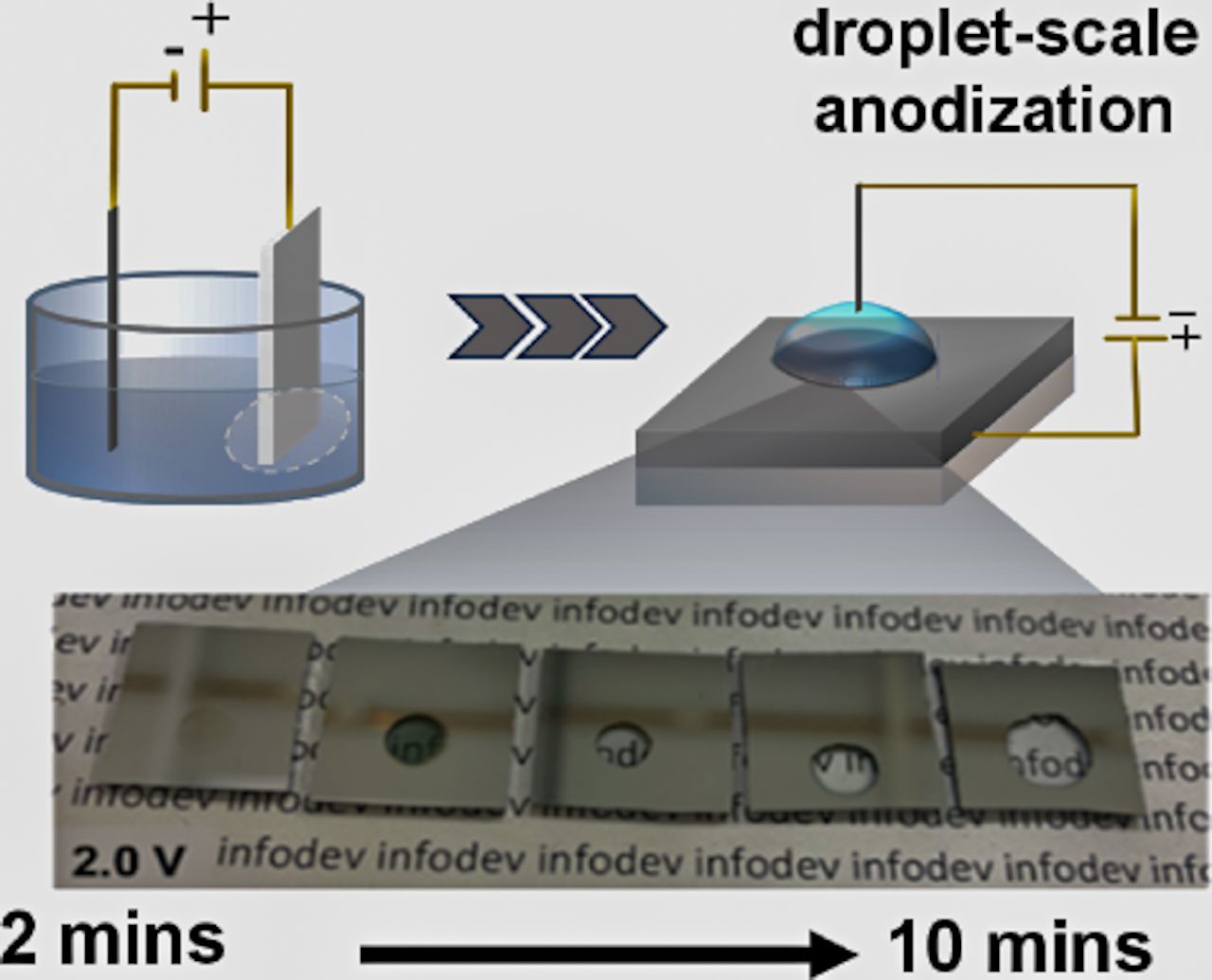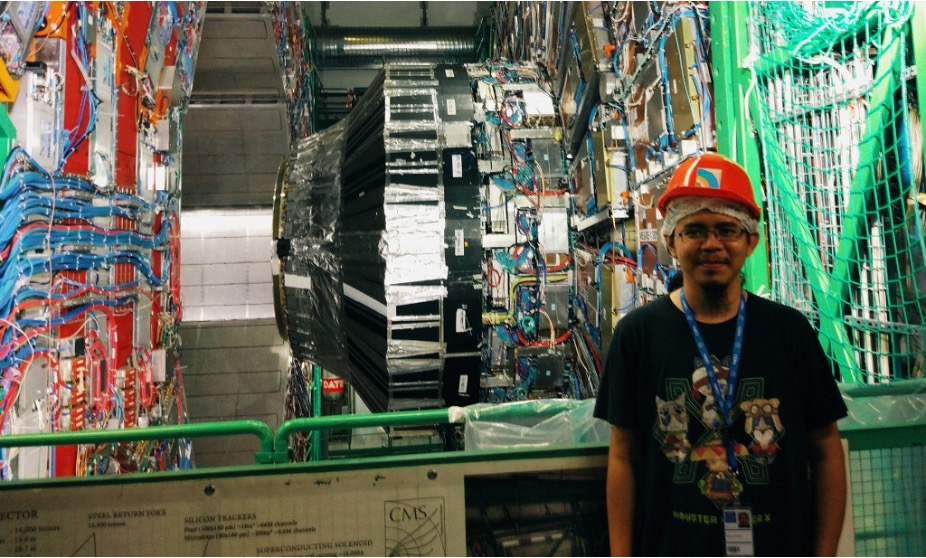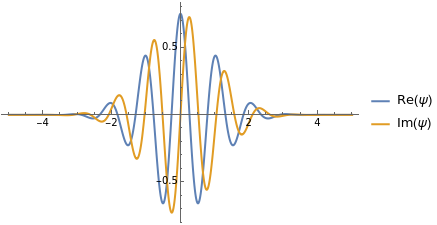
The University of the Philippines – Diliman College of Science’s Marine Science Institute (UPD-CS MSI) has been recognized. They are acknowledged for their groundbreaking work in addressing marine plastic pollution. A documentary highlighting MSI’s impactful projects, “Ang Plastic Mo! The Philippine Plastic Problem,” produced by GMA Integrated News, recently won the Best Science and Technology Investigative Story (Audio-Visual) award. The award was presented at the Department of Science and Technology’s (DOST) 2024 Bantog Awards for Science Communication. The documentary underscores the severity of plastic pollution in the Philippines. It highlights how this pollution affects marine ecosystems. It impacts fisher folk and the food supply.
The World Bank estimates that the Philippines generates 2.7 million metric tons of plastic annually, with a worrying 20% ending up in the ocean. MSI recognizes this alarming statistic. There is also a gap in reliable data on plastic pollution in Philippine waters. As a result, they have spearheaded several innovative projects.
PlastiCount Pilipinas is a project leveraging artificial intelligence. It efficiently counts and analyzes plastic debris. The project aims to raise awareness. It seeks to set up baseline data on plastic pollution. This initiative empowers the country to track plastic waste and develop targeted solutions for different locations.
The Circular Explorer Project collaborated with Holcim and One Earth One Ocean. They introduced the first solar-powered sea vessel. This vessel is designed for collecting and recycling plastic waste. This vessel can clear up to four tons of plastic daily. It showcases MSI’s commitment to practical solutions for plastic pollution.
The PlasMics Project, funded by DOST, focuses on understanding the impact of plastic on marine biodiversity and aquaculture.
Dr. Deo Florence Onda, principal investigator of the Microbial Oceanography Laboratory (MOLab), leads these projects. He emphasizes the importance of collaboration with government agencies like the Department of Environment and Natural Resources (DENR). This collaboration ensures national adoption of MSI’s technologies. MOLab is also working to broaden the reach of its initiatives through partnerships with media organizations.
DOST’s Bantog Awards has the theme “Driving Developments through Science Communication.” It aims to foster greater public interest in science and innovation. The recognition of UPD-MSI’s work through the “Ang Plastic Mo!” documentary shows the vital role of science communication in addressing critical environmental challenges. These challenges include plastic pollution. It also highlights the university’s commitment to developing innovative solutions for a sustainable future.




